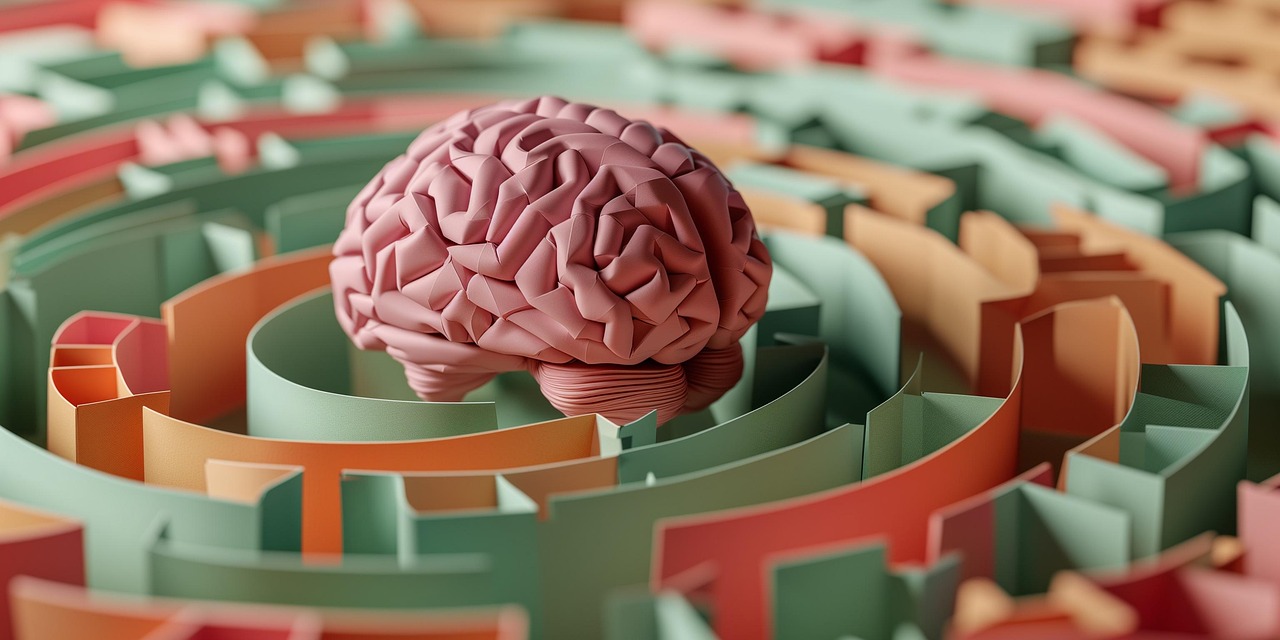In several legal cases, the mental capacity of a defendant is questioned and needs to be evaluated in order to determine their ruling. As a result, doctors known as forensic psychiatrists are required. These specialists go through an additional year of training by completing a fellowship at one of the 48 current ACGME-approved fellowships following their basic residency. During cases, they may analyze the behavior of incarcerated individuals to see if they are able to perform actions such as remaining sane throughout the duration of their trial, handling their finances, or managing important records. Forensic psychiatrists gain access to patients at several places including but not limited to: mental health institutions, courtrooms, and prisons.
Origins of Forensic Psychiatry
Though history has provided us with several interesting stories on the origins of forensic psychiatry, a more recent publication to focus on that led to improvements in the field was Isaac Ray’s 1838 Treatise on the Medical Jurisprudence of Insanity. Despite the fact that Ray was not an expert in law, he observed how some individuals who desperately needed mental health treatment were not provided with it. His reports fueled a widespread recognition of the lack of mental health help for criminals and a motivation to assess their intellectual abilities.
Later on in the 19th century, medical professionals argued among each other on how to define mental illnesses and to what extent they could affect the rulings for criminals. One particular instance that fueled the controversy further was the assassination of President James Garfield by Charles Guiteau. Though he had been hanged, many had observed a lower mental capacity in Guitaeu and an autopsy uncovered signs of syphilis in the brain.
Recent Developments
Since then, forensic psychiatry has become a central part of the legal and medical process for people under trials. Because of the stress experienced during COVID-19 pandemic, a growth in anxiety and depression diagnoses has been observed in criminals. Consequently, the demand for forensic psychiatrists has increased in order to maintain ethical practices throughout trials. The American Academy of Psychiatry and the Law, or AAPL, publishes their own journal which covers several ideas and scenarios that involve both the legal and psychiatric systems.
Even more recently, artificial intelligence has been found to help in the analysis of large amounts of data covering the health records of patients. However, like in many other fields, the training of AI on particular populations may result in a biased view of criminals which corrupts the AI’s diagnosis. As a result, using AI may not be ethical in certain scenarios, which is extremely important when dealing with a defendant’s life.
A Career as a Forensic Psychiatrist
In order to specialize in this field, doctors should prioritize their training in practical clinical skills, criminal and civil law proceedings, public policy, and key cases throughout history. Some conditions that forensic psychiatrists regularly see in patients include Borderline Personality Disorder (BPD) or Post-Traumatic Stress Disorder (PTSD). Following a forensic psychiatrist’s findings, a judge may give a ruling that requires the defendant to undergo treatment if determined not to be fit to stand for a trial.
Overall, forensic psychiatrists are essential to protect the lives and sanity of countless defendants. The proper use of these professionals can help to reduce the crime of a community, as they facilitate the start of mental health treatments for many incarcerated individuals.
Image Credit: franganillo
Sources:
“A Treatise on the Medical Jurisprudence of Insanity.” JAMA: The Journal of the American Medical Association, vol. XXIII, no. 18, 3 Nov. 1894, p. 695, https://doi.org/10.1001/jama.1894.02421230035026. Accessed 28 Sept. 2025.
“AI, Mental Health, and Forensics: Is This the Future? – ABPP.” Abpp.org, 24 Mar. 2025, abpp.org/newsletter-post/ai-mental-health-and-forensics-is-this-the-future/. Accessed 28 Sept. 2025.
ARBOLEDA-FLÓREZ, JULIO. “Forensic Psychiatry: Contemporary Scope, Challenges and Controversies.” World Psychiatry, vol. 5, no. 2, June 2006, p. 87, pmc.ncbi.nlm.nih.gov/articles/PMC1525122/. Accessed 28 Sept. 2025.
“Case Studies in Forensic Psychiatry – Forensic Psychiatrist Stephen Raffle, M.D. – Forensic Psychiatrist Stephen M. Raffle, M.D. – Expert Witness.” Psychiatristexpertwitness.com, psychiatristexpertwitness.com/case-studies/cases. Accessed 28 Sept. 2025.
Concise Admin. “Top 5 Advantages of a Forensic Psychiatrist near Me.” Concise Medico, 22 July 2024, concisemedico.co.uk/blogs/advantages-forensic-psychiatrist-near-me/concisemedico.co.uk/blogs/advantages-forensic-psychiatrist-near-me/. Accessed 28 Sept. 2025.
Ebo, Titus Oloruntoba, et al. “The Lasting Impact of COVID-19 on Forensic Mental Health: A Review of Shifts in Patient Profiles, Service Delivery, and Legal Considerations.” Journal of Forensic and Legal Medicine, vol. 114, p. 102920, www.sciencedirect.com/science/article/pii/S1752928X25001210?utm_source=chatgpt.com, https://doi.org/10.1016/j.jflm.2025.102920. Accessed 28 Sept. 2025.
“Five Things You (Probably) Don’t Know about Forensic Psychiatry.” Www.rcpsych.ac.uk, 8 Oct. 2020, www.rcpsych.ac.uk/news-and-features/blogs/detail/careers-in-psychiatry-blog/2020/10/08/five-things-you-probably-dont-know-about-forensic-psychiatry. Accessed 28 Sept. 2025.
Frierson, Richard L. “Examining the Past and Advocating for the Future of Forensic Psychiatry Training.” The Journal of the American Academy of Psychiatry and the Law, vol. 48, no. 1, Jan. 2020, pp. 16–25, pubmed.ncbi.nlm.nih.gov/31948994/, https://doi.org/10.29158/JAAPL.003919-20. Accessed 28 Sept. 2025.
Gutheil, Thomas G. “The History of Forensic Psychiatry.” Journal of the American Academy of Psychiatry and the Law Online, vol. 33, no. 2, 1 June 2005, pp. 259–262, jaapl.org/content/33/2/259. Accessed 28 Sept. 2025.
“Journal of the American Academy of Psychiatry and the Law.” Jaapl.org, jaapl.org/. Accessed 28 Sept. 2025.
Lara. “Five Famous Cases Cracked by Forensic Psychologists.” Criminal, vocal.media/criminal/five-famous-cases-cracked-by-forensic-psychologists. Accessed 28 Sept. 2025.
Martone, Christine. “The Role of a Forensic Psychiatrist.” Missouri Medicine, vol. 119, no. 3, 2022, p. 198, pmc.ncbi.nlm.nih.gov/articles/PMC9324712/. Accessed 28 Sept. 2025.
Olawade, David B., et al. “Artificial Intelligence in Forensic Mental Health: A Review of Applications and Implications.” Journal of Forensic and Legal Medicine, July 2025, p. 102895, www.sciencedirect.com/science/article/pii/S1752928X25000964, https://doi.org/10.1016/j.jflm.2025.102895. Accessed 28 Sept. 2025.
Phifer, Andrew. “What Is Forensic Psychiatry?” Baylor College of Medicine Blog Network, 17 Sept. 2024, blogs.bcm.edu/2024/09/17/what-is-forensic-psychiatry/. Accessed 28 Sept. 2025.

